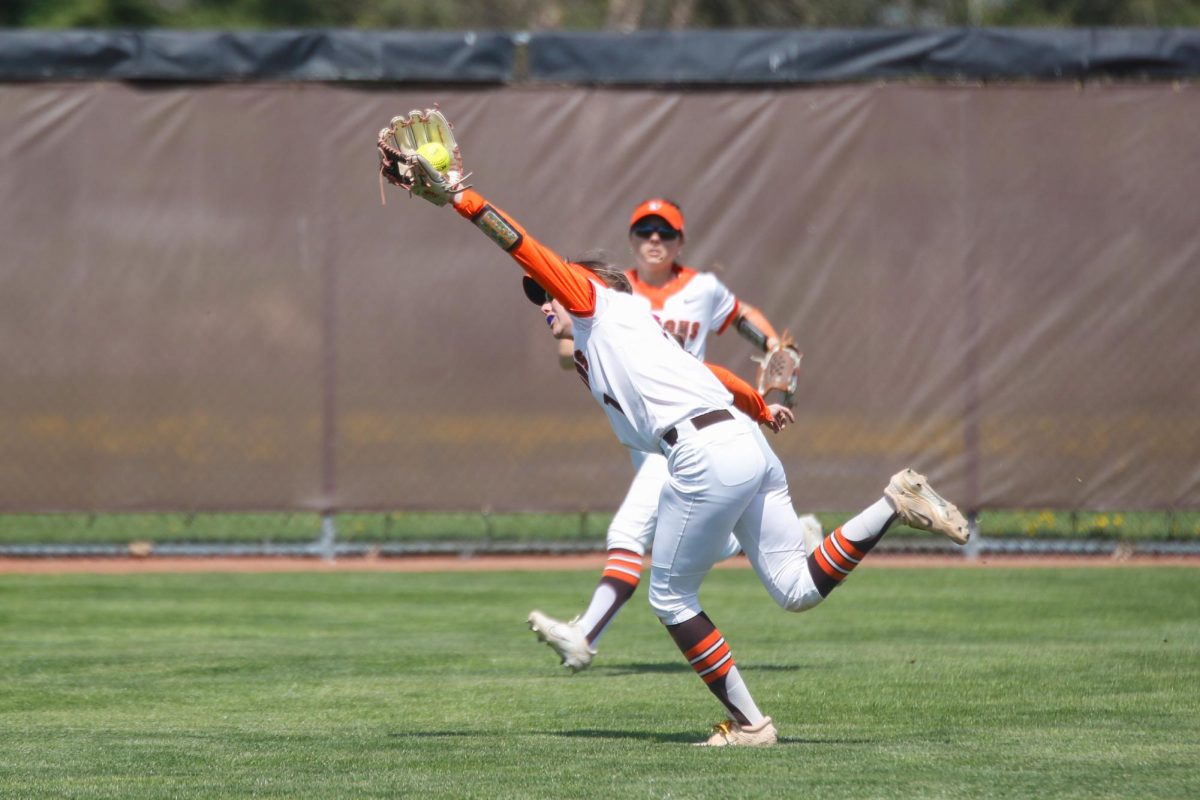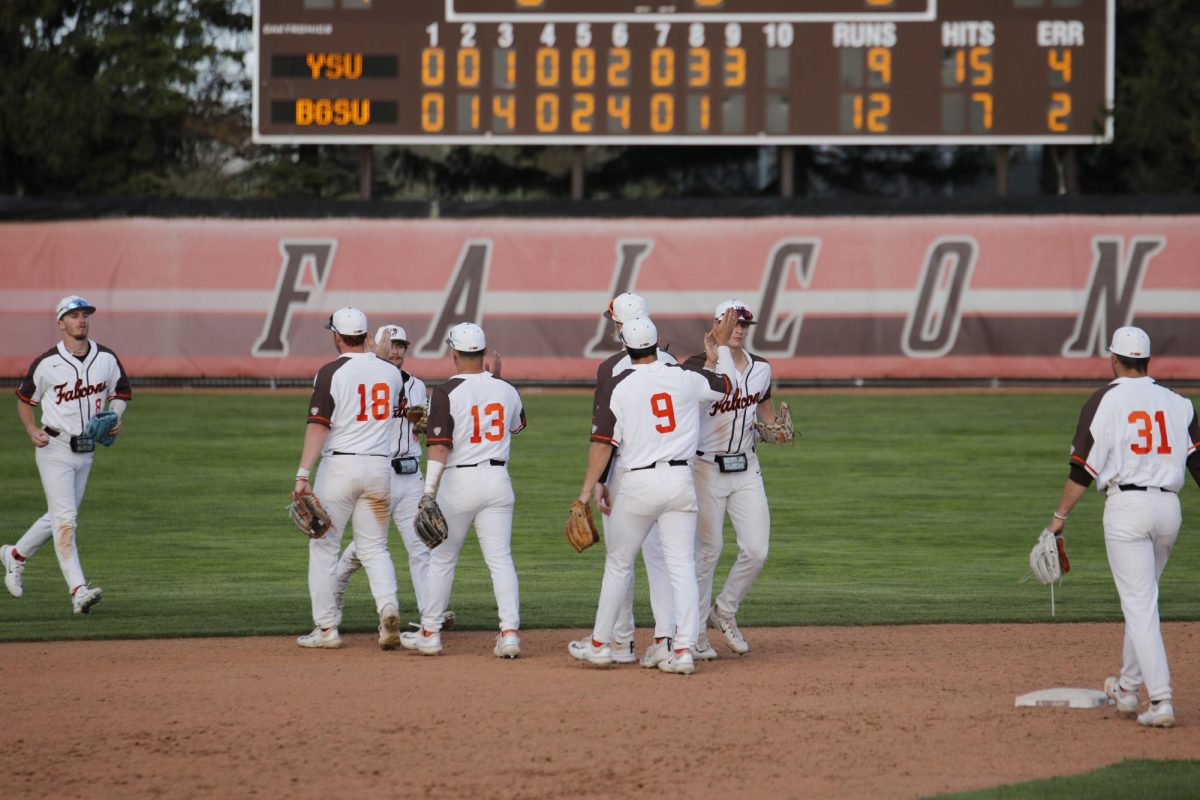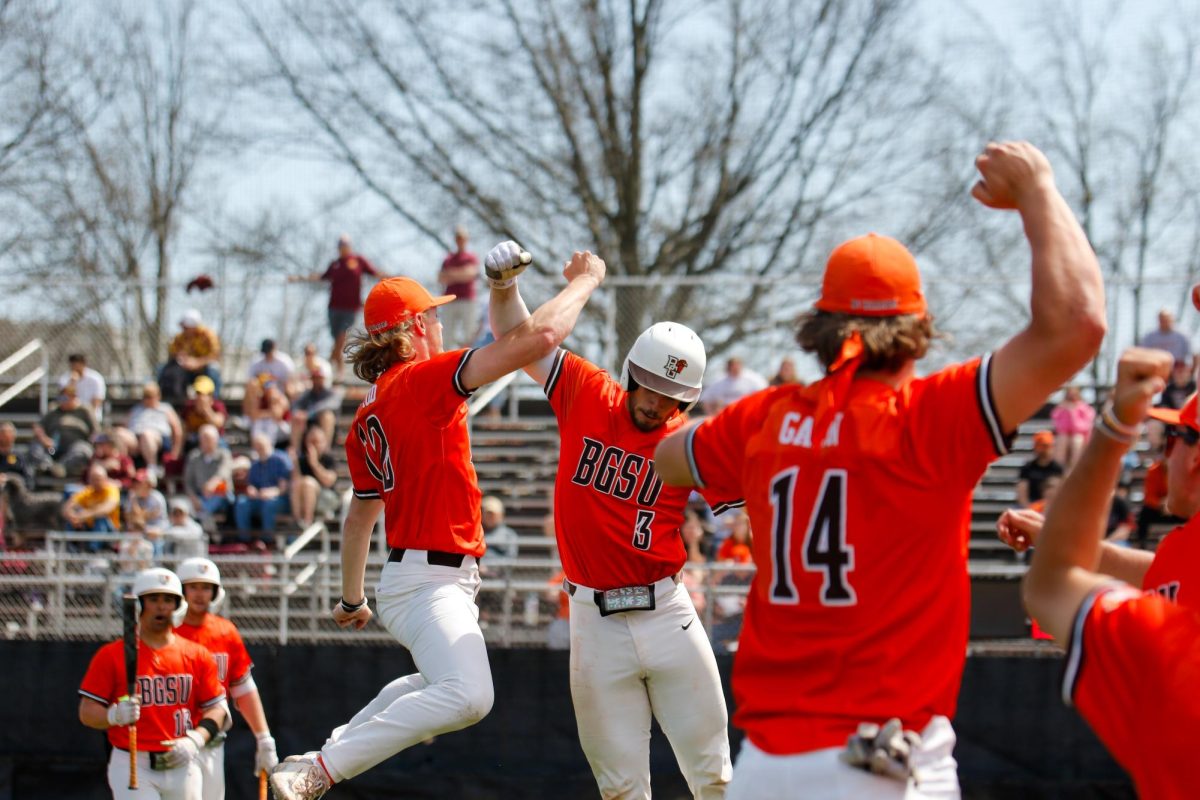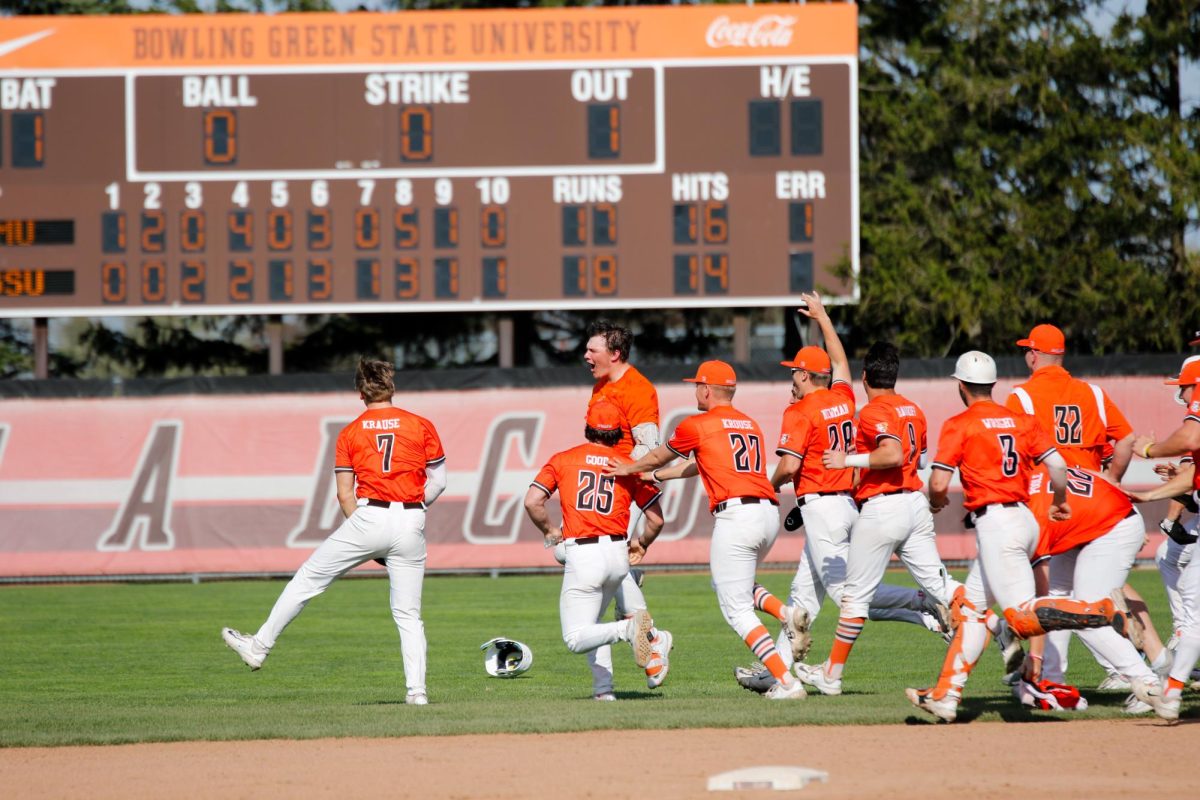Nearly 70 years ago, an event thrust the world into the dawn of a new age of science, energy and destruction.
The final moments of World War II saw the destruction of Hiroshima and Nagasaki as the U.S., alongside the world, learned the horrors of the nuclear age.
Standing as possibly the most controversial decision in American history, President Truman’s decision has been revisited for decades.
The decision to use the atomic bombs has been defended with vigor as Traditionalists cite casualty projections for an invasion to end the war with Japan. Taking in to account the projected loss of Americans, as well, as Japanese, the numbers stager in the hundreds of thousands to a million people being expected to die in the invasion.
A dissenting group of historians, called the Revisionists, argue the unconditional surrender of Japan would most readily have been achieved through a different medium than the atomic bombs. They find the Traditionalists’ casualty projections to be grossly inaccurate and believe the dropping of the atomic bombs were only the first political progression of the impending Cold War with the Soviet Union.
While I have an opinion on this matter, I am, by no means, an expert on this subject.
Fortunately, Barton J. Bernstein will soon be traveling here to present on this very issue next Tuesday April 8 at 4 p.m. in the Union, room 201.
Bernstein, a professor of History at Stanford University, is the world’s most prominent and prolific scholar on the decision to use the atomic bombs. A Harvard Ph.D. graduate, Bernstein has written several books focused on President Truman’s administration and faithfully represents unbiased research from his past 45 years.
Standing between the Traditionalist and Revisionist points of view, Bernstein has earned praise from each side while also challenging their arguments. While taking criticism for his views, detractors have been careful to recognize that Bernstein’s work does not fit neatly into a specific category and herald him as “far and away the most knowledgeable scholar in this field.”
This praise comes amid a heated dispute between Revisionists and Traditionalists who seem preoccupied with exposing fallacies in their adversaries’ arguments, opposed to providing satisfactory answers to our country’s most prolific debate. This heightened level of praise is not to be ignored.
Bernstein’s arrival further incites proof of the quality education being provided in the College of Arts and Sciences. Emphatically, I highlight the tremendous year this has been for students of history, classics and political science.
Apart from the phenomenal faculty, this year, in particular, has provided unique opportunities to students. Beginning in October, the presentations of Dr. Robert Garland— on Julius Caesar— and Marion Lazan— on her experience surviving the Holocaust— entertained just under 600 students.
In February, Sufi Laghari, a political action leader from Washington D.C., visited with us to educate on domestic issues in his native Pakistan. Each of these presentations has offered an immeasurable opportunity to engage and interact with the most influential figures in each’s respective field.
As stated, this opportunity is going to be revisited on Tuesday.
Looking forward, Bernstein’s presentation will expectedly offer students unparalleled insight into the ethical, environmental and strategic issues associated with the decision. For anyone with the slightest interest in World War II, the Cold War, foreign policy or the ethics of the nuclear age, this is a can’t miss event.
Respond to Greg at



















